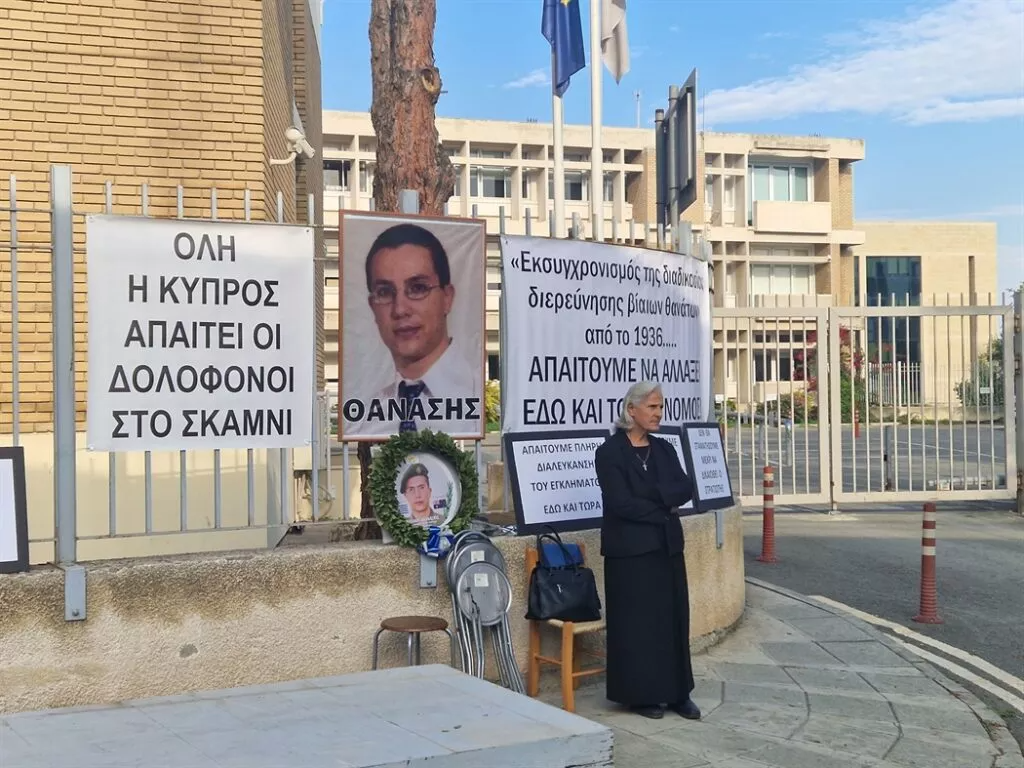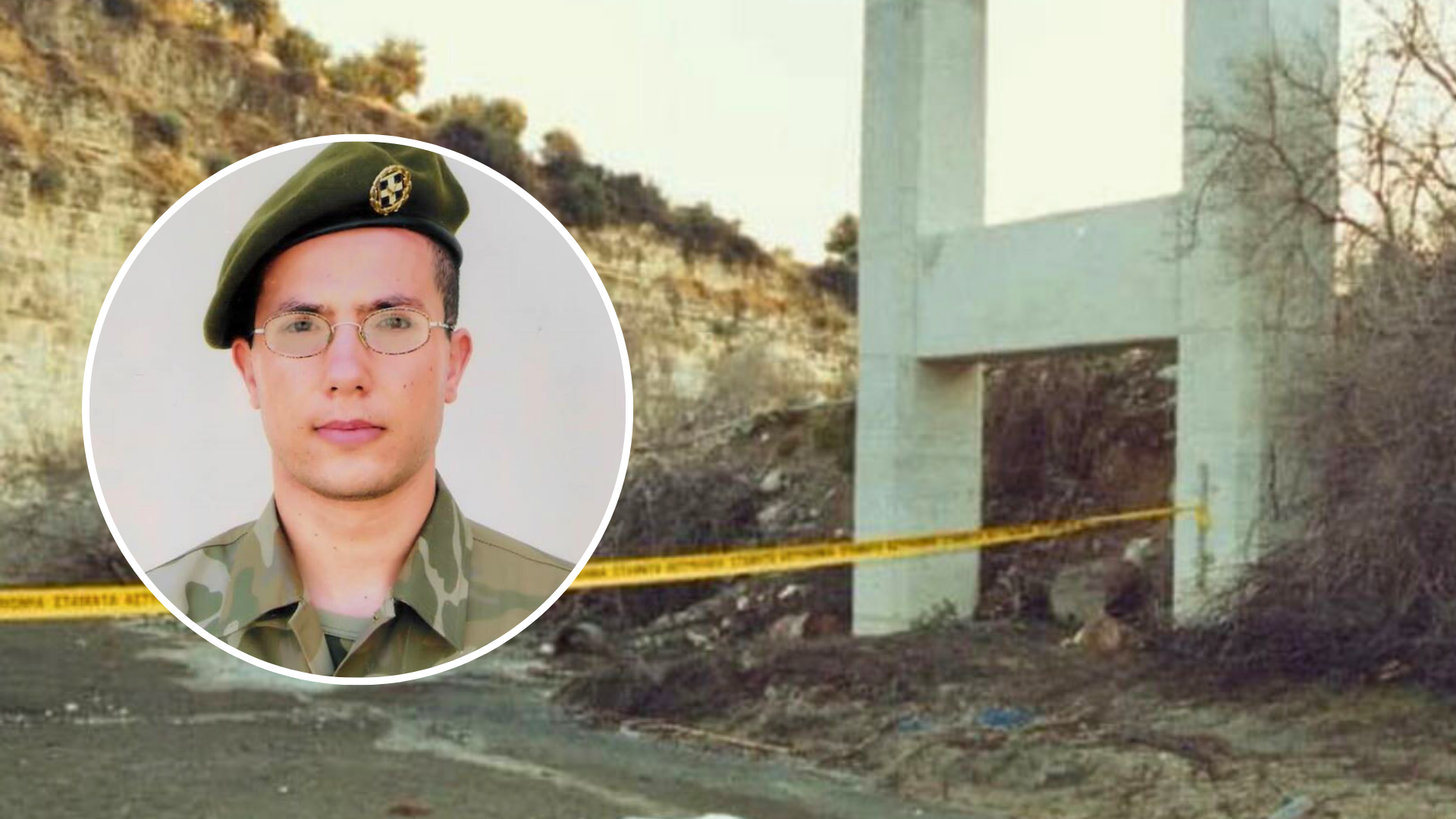Fresh findings from the ongoing criminal investigation into the 2005 death of National Guardsman Thanasis Nicolaou have uncovered a troubling pattern of bullying, drug use, and alleged cover-up by senior military officials, according to a report submitted to the Law Office of the Republic of Cyprus.
Nicolaou, a 26-year-old architect who returned from Australia to complete his national service, was found dead under the Alassa bridge in Limassol in September 2005.
Initially ruled a suicide, a 2020 exhumation and forensic reanalysis confirmed he had been strangled, shifting the case into a criminal investigation.
Led by investigators Pappas and Athanasiou, the latest inquiry includes testimony from fellow soldiers describing sustained bullying, hazing, and isolation of Nicolaou.
He was reportedly forced into humiliating acts, refused to participate in illegal activities, and was ostracised for his stance.
Several witnesses described unchecked cannabis use within the barracks, with soldiers openly smoking near dormitories and officers turning a blind eye. The unit was marked by a lack of discipline, with soldiers regularly leaving the camp undetected.

Crucially, multiple testimonies suggest Nicolaou may have been ambushed outside the camp, with a planned act of intimidation escalating into fatal violence. Witnesses believe his body was deliberately placed under the bridge to simulate suicide.
Nicolaou had reportedly confided in two individuals about tensions with specific soldiers. According to the investigation, senior officers knew of the abuse he faced but failed to act.
“The entire hierarchy of the brigade knew what was happening… Rather than taking action, they downplayed or even potentially covered up the incidents,” the report stated.
On the day of his disappearance, Nicolaou’s mother warned his unit about ongoing bullying and urged them to contact police. The commanding officer declined, claiming her son would return, a decision investigators say may have altered the case’s outcome.
The report also criticises the original military inquiry, citing a conflict of interest by the officer in charge, who also served as duty supervisor the night Nicolaou disappeared.
The investigation, later deemed superficial by the European Court of Human Rights, had concluded suicide without thorough examination.
For the first time, responsibility has been formally attributed to two senior army officers. The case now awaits further legal review by the Law Office to determine next steps.
